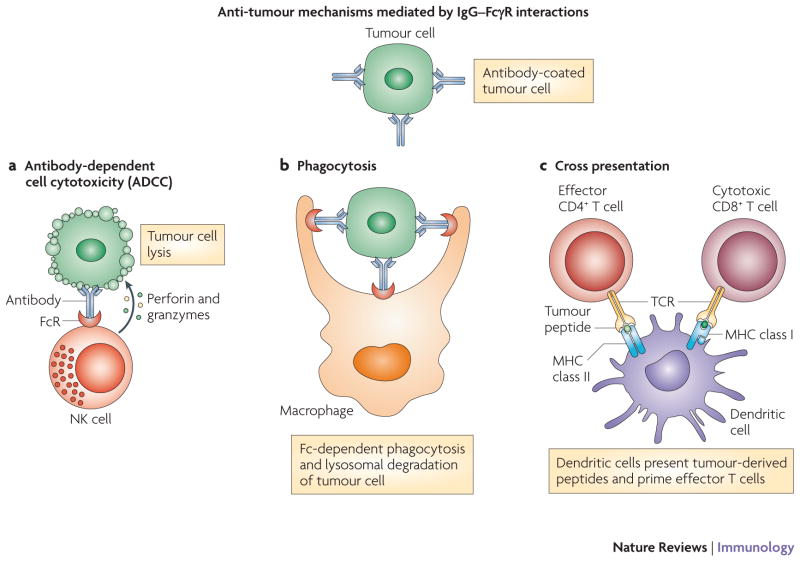Figure 3. Anti-tumour mechanisms mediated by IgG–FcγR interactions.
Antibody-dependent cell cytotoxicity (ADCC) is initiated by the recognition of IgG-coated tumours by FcγRs, which are expressed by effector immune cells such as NK cells, macrophages, and neutrophils. These interactions lead to ADCC and tumour cell apoptosis, which is mediated by the delivery of perforin and granzymes to the tumour cell (panel A). The IgG-coated apoptotic tumour cells can bind Fc receptors on phagocytes and initiate Fc-dependent phagocytosis, leading to the lysosomal degradation of the tumour cell (panel B). Peptides derived from lysosomal degradation of tumour cells can be loaded onto MHC class II molecules, leading to the activation of CD4+ helper T cells. In addition to CD4+ T cell activation, dendritic cells can cross-present tumour cell antigens and prime cytotoxic CD8+ T cells (panel C).

